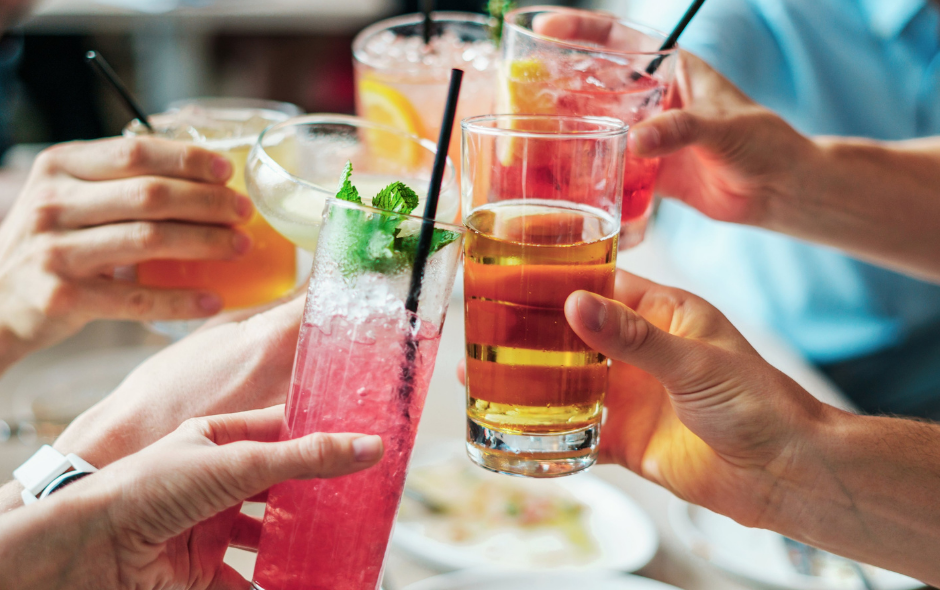A diagnosis of epilepsy does not automatically mean you have to stop drinking alcohol.
For many people, being able to have a drink with friends and family is an important part of their life. However, for some people drinking too much alcohol can be a seizure trigger.
This week’s blog looks at how you can stay safe and looks at how some anti-epileptic medication doesn’t mix well with alcohol.
Alcohol, anti-epileptic drugs and seizures
Some anti-epileptic drugs do not mix well with alcohol and can increase the risk of seizures or medication side effects.
Your epilepsy specialist nurse will give you more specific information about the medication you take and any possible interaction with alcohol.
The patient information leaflet of your medication will also have all the information you need to know about the medication you are taking.
You may, for example, be asked to stay off alcohol for the first few months of starting a new medication or when changing over to a different medication to maximise your chances of seizure control.
How to stay safe
Drink in moderation
Public health guidelines recommend drinking in moderation, which means no more than two units per day, or 14 units of alcohol per week.
For example, 14 units is six pints of 4% beer or six 175ml glasses of 13% wine.
This is particularly important if you take prescribed medication such as anti-epileptic drugs.
Keep a tab on how many drinks you have, write it down, or buddy up with a friend who will keep an eye on how much you drink.
Never skip your medication before a night out
Having a breakthrough seizure from not taking your medication can be dangerous. Set an alarm on your phone to make sure you take your medication on time. If necessary, take your medication with you.
Avoid binge drinking
If you have epilepsy, drinking a large amount of alcohol in a short space of time can trigger a breakthrough seizure putting you at risk. Even people without epilepsy can sometimes have a seizure after a night of binge drinking.
Stay well hydrated
Drink plenty of water during the night and the following morning to stay well hydrated.
Try and eat something before you go out, and the next day, even if you do not feel like it. Low blood sugar or dehydration can sometimes trigger a seizure in some people.
Get some sleep before a night out
If tiredness is a potential seizure trigger for you and you know it is going to be a late-night, try and sleep before you go out, and rest the next day to catch up on your sleep.
Heavy drinking can affect the quality of sleep. You are also likely to be dehydrated and may feel nauseous the next day not wanting to eat.
Sleeping in can also make you forget to take your medication or take it much later than usual. Each of these factors are potential seizure triggers.
For more information, please read our epilepsy and alcohol factsheet or call our freephone helpline on 0808 800 2200.




